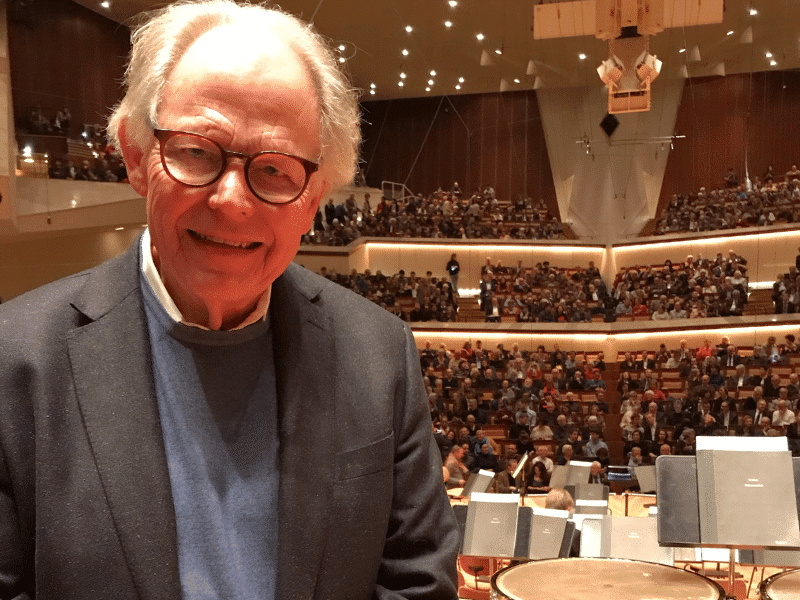The man with the $1m hi-fi: a cautionary tale
NewsFrom today’s Washington Post:
…The faded photos tell the story of how the Fritz family helped him turn the living room of their modest split-level ranch on Hybla Road in Richmond’s North Chesterfield neighborhood into something of a concert hall — an environment precisely engineered for the one-of-a-kind acoustic majesty he craved. In one snapshot, his three daughters hold up new siding for their expanding home. In another, his two boys pose next to the massive speaker shells. There’s the man of the house himself, a compact guy with slicked-back hair and a thin goatee, on the floor making adjustments to the system. He later estimated he spent $1 million on his mission, a number that did not begin to reflect the wear and tear on the household, the hidden costs of his children’s unpaid labor…
“Nobody wanted to come to our house, because he wanted to put them to work,” said his daughter Patty, 58. “I think we went camping twice, never took vacation. It was just work, work, work.”
Read on here.
And watch the video.






Comments